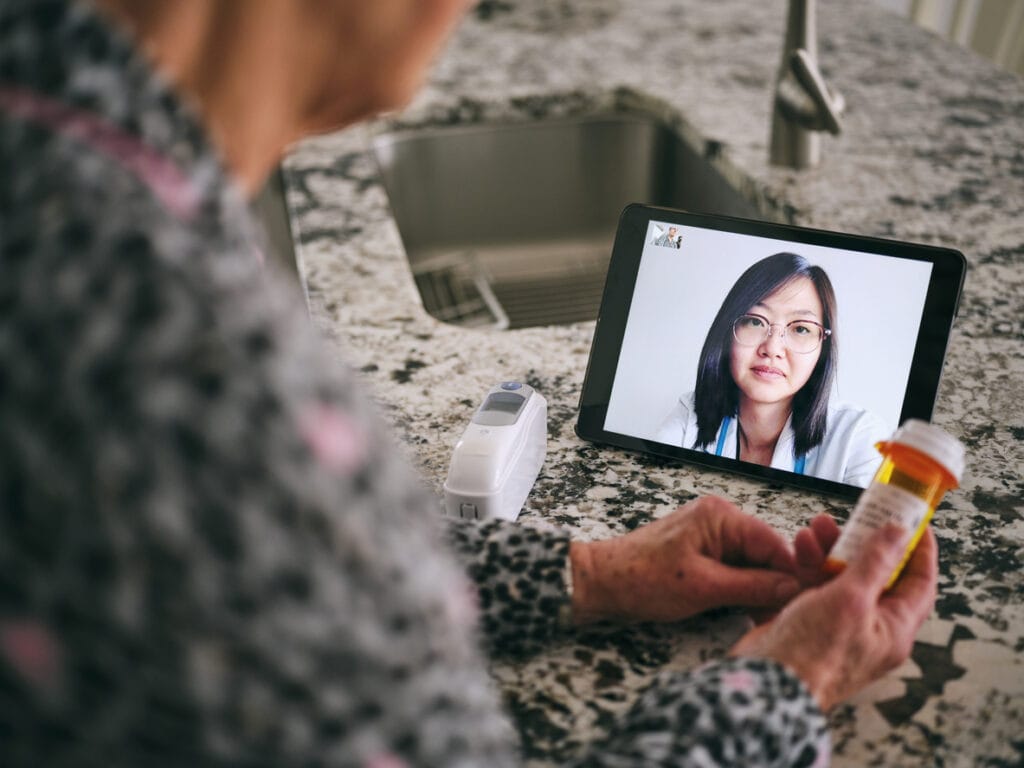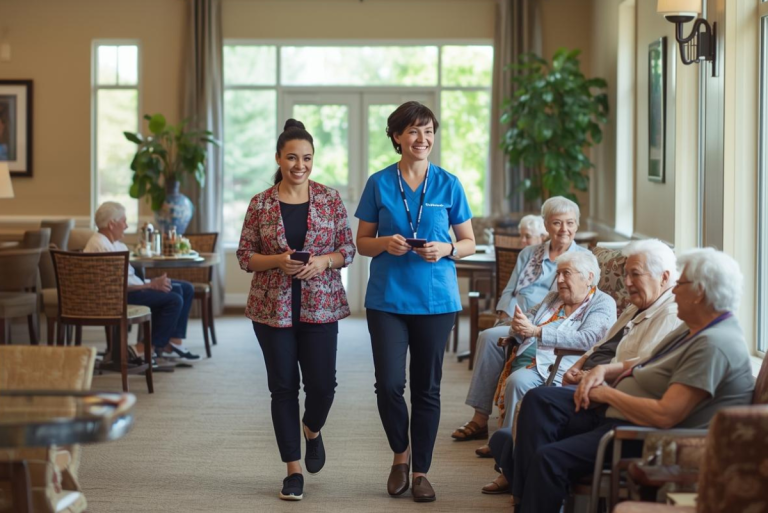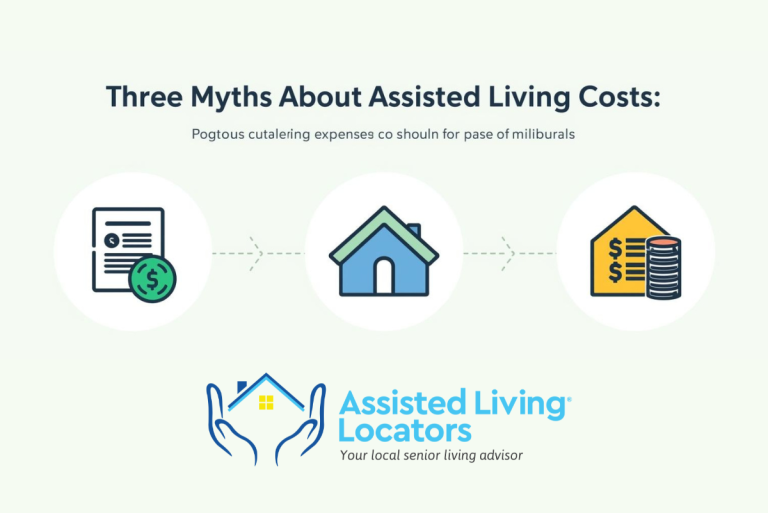Caring for elderly loved ones involves more than meeting their immediate daily needs. It requires a comprehensive and proactive approach to ensure their long-term health and well-being. Central to this approach is the concept of staying connected in preventive care, which plays a crucial role in not only managing existing conditions but also in preventing new health issues from developing.
By focusing on preventive measures, caregivers can significantly enhance the quality of life for seniors, helping them remain healthy, independent, and engaged in their communities for as long as possible. This involves regular health screenings, timely vaccinations, and consistent medical check-ups that aim to detect and address potential health issues before they escalate.
Key Preventive Measures
Several key preventive measures can be taken to protect and maintain the health of seniors. These include:
- Regular Health Screenings: These are critical in detecting conditions that commonly affect seniors, such as high blood pressure, diabetes, and cancer. Early detection through screenings such as blood tests, mammograms, prostate exams, and colonoscopies can lead to more effective and less invasive treatments.
- Vaccinations: Immunizations are crucial for seniors because their immune systems tend to weaken with age. Vaccinations, like the flu shot, pneumonia vaccine, and shingles vaccine, are essential in preventing these common yet potentially severe illnesses.
- Medication Reviews: As many seniors take multiple medications, regular reviews by healthcare providers are necessary to minimize the risk of drug interactions and ensure medications are still appropriate for their health conditions.
- Diet and Exercise Plans: Tailored to individual health needs, these plans promote better health by reducing the risk of diseases like heart disease and osteoporosis. Encouraging physical activity and a balanced diet can significantly improve strength, mobility, and mental health.
- Mental Health Screenings: Mental health is as crucial as physical health. Screenings for depression, anxiety, and cognitive impairments can ensure that any issues are treated promptly, thus maintaining a higher quality of life.

The Role of Staying Connected
In elderly care, staying connected encompasses emotional, social, and medical engagement, involving regular, meaningful interactions with family, friends, and healthcare providers. This connectivity is crucial for maintaining seniors' health, as studies from institutions like the National Institutes of Health indicate that seniors with active social lives and strong community ties have a lower risk of depression, high blood pressure, and cognitive decline.
Emotional and social engagements not only reinforce a sense of purpose and belonging, enhancing life satisfaction and mental health, but also contribute to better physical health, with evidence suggesting improved immune responses and quicker recovery times from illnesses among socially active seniors.
Emotional and Social Benefits
Maintaining strong relationships and encouraging participation in social activities can have profound impacts on a senior’s mental health. By fostering these connections, caregivers can help their loved ones enjoy a more fulfilling and happier life. Below are key points highlighting the mental health improvements derived from emotional and social benefits:
- Reduced Loneliness and Isolation: Regular engagement with family, friends, and community helps combat feelings of loneliness and isolation, which are prevalent among the elderly.
- Lower Stress and Anxiety: Socially active seniors exhibit lower levels of stress and anxiety, contributing to overall better mental health.
- Decreased Depression: Strong interpersonal relationships significantly reduce the risk of depression in seniors.
- Cognitive Stimulation: Social interactions stimulate the brain through conversation and problem-solving, helping to maintain cognitive functions.
- Delayed Cognitive Decline: Engaging in social activities can delay or reduce the severity of age-related cognitive decline, including conditions like Alzheimer's disease.
- Enhanced Sense of Purpose: Regular social activities and relationships provide seniors with a sense of belonging and purpose, which is essential for emotional well-being.
- Improved Quality of Life: Overall, a rich social life contributes to a higher quality of life for seniors, ensuring they remain mentally and emotionally healthy.
Leveraging Technology for Connectivity
In today’s digital age, technology has become an invaluable tool for family caregivers striving to keep their elderly loved ones connected and engaged. Leveraging various technological aids can significantly enhance the quality of life for seniors by facilitating easier communication, improving health monitoring, and providing access to social interactions.
Several technologies can help your senior loved ones stay connected both socially and medically:
- Telehealth: Telehealth services allow seniors to have virtual consultations with their healthcare providers. This technology ensures that they receive regular medical advice and care without needing to leave their homes.
- Social Media and Communication Apps: Platforms like Facebook, WhatsApp, and Zoom enable seniors to stay in touch with family and friends, participate in virtual gatherings, virtual tours and join online communities, helping to reduce feelings of isolation.
- Smart Devices: Tablets, smartphones, and voice-activated assistants (like Amazon Echo and Google Home) can make it easier for seniors to manage daily tasks, set medication reminders, and access information and entertainment.
- Health Monitoring Devices: Wearable devices such as fitness trackers and smartwatches can monitor vital signs, physical activity, and sleep patterns, providing valuable data that can be shared with healthcare providers.

Overcoming Connectivity Challenges
Caregivers often face various obstacles in keeping seniors connected with their social networks and healthcare providers. Identifying these challenges and implementing effective solutions is crucial for their overall well-being.
Identifying Common Challenges
- Technological Barriers: Many seniors may struggle with using modern technology due to unfamiliarity or physical limitations such as poor vision or dexterity issues.
- Physical Mobility Issues: Limited mobility can make it difficult for seniors to participate in social activities or attend medical appointments.
- Cognitive Decline: Conditions like dementia or Alzheimer's can hinder a senior's ability to maintain relationships and engage in social interactions.
- Geographical Distance: Family members and friends may live far away, making regular in-person visits challenging.
- Emotional Barriers: Feelings of depression, anxiety, or low self-esteem can lead seniors to withdraw from social activities and connections.
Solutions and Advice
- Tech Training Programs: Enroll seniors in technology classes or workshops focused on smartphones, tablets, and computers. Many community centers and libraries provide affordable or free training tailored for seniors.
- User-Friendly Devices: Provide devices with senior-friendly features, such as larger text, simplified interfaces, and voice-activated assistants to make technology more accessible.
- Transportation Services: Utilize community transportation services, ride-sharing apps, or volunteer driver programs to help seniors attend social events and medical appointments.
- Home Visits and Virtual Connections: Encourage regular visits from family, friends, and caregivers. Use video calls and virtual meeting platforms to maintain connections when in-person visits are not possible.
- Support Groups: Connect seniors with local or online support groups where they can share experiences and advice with peers facing similar challenges.
- Professional Help: Seek assistance from geriatric care managers, social workers, or occupational therapists who can provide personalized strategies to improve social engagement and connectivity.
- Engaging Activities: Encourage participation in hobbies and activities that interest them. Whether it’s gardening, crafting, or joining a book club, engaging in enjoyable activities can foster new connections and enhance their social life.





